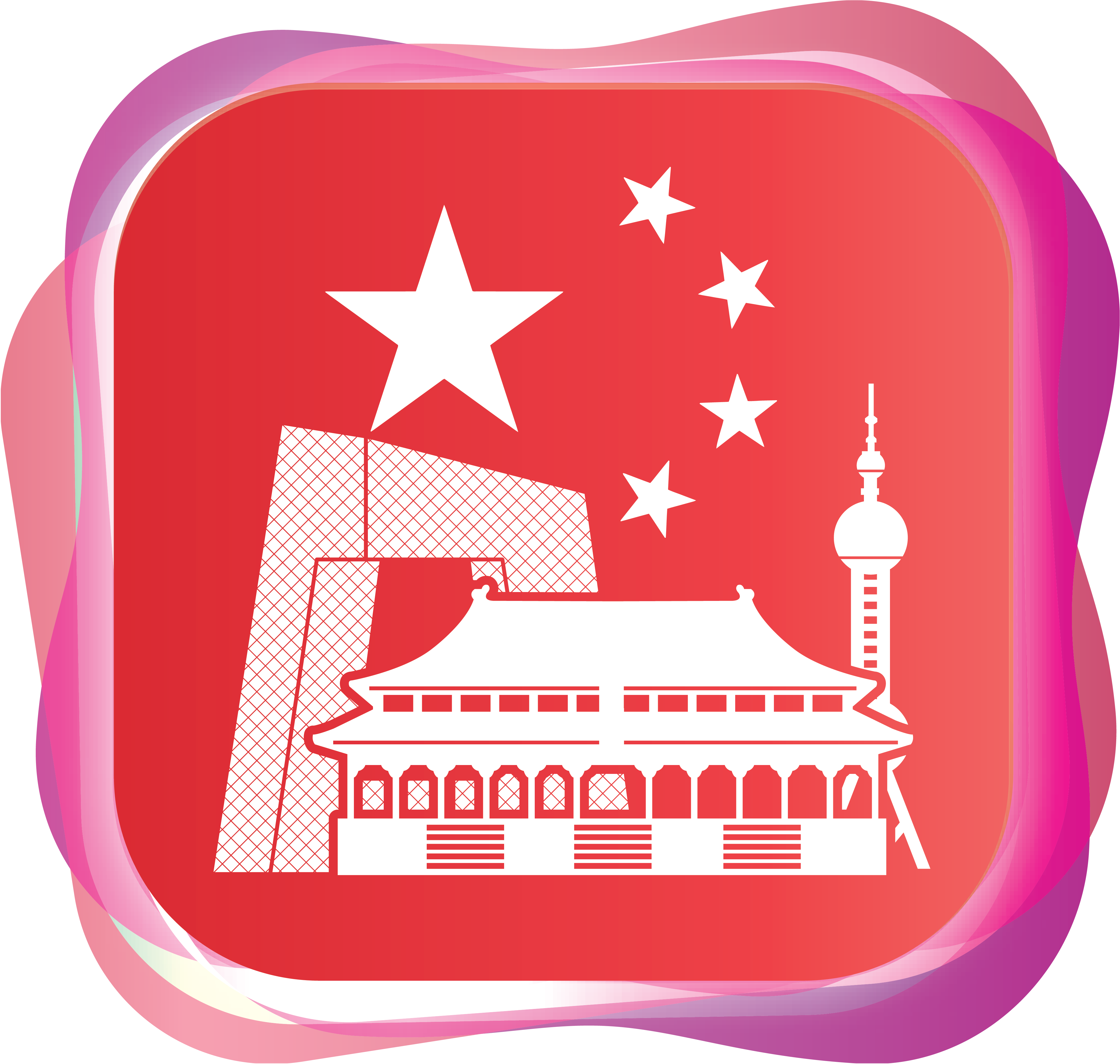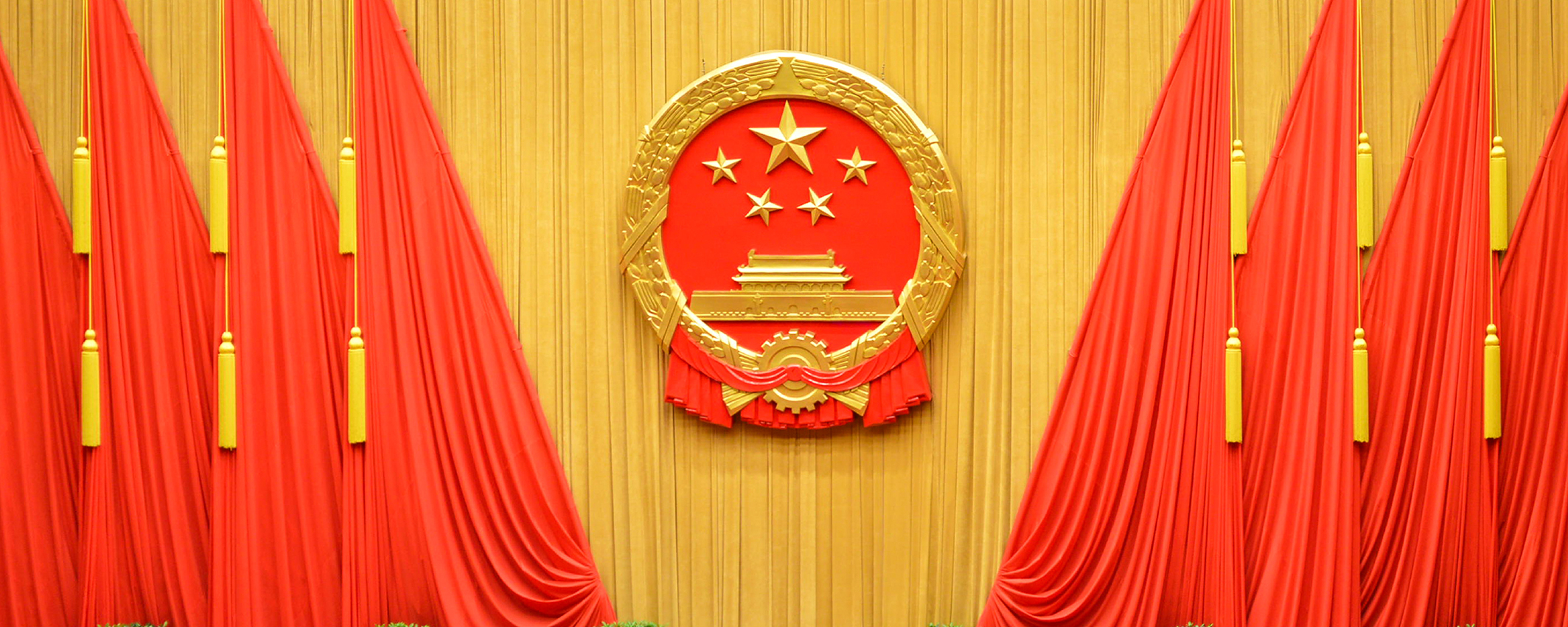 |
CCCH9058 China: Culture, State and Society
|
Course Description
This course will have an interdisciplinary focus: we will discuss key themes in Chinese political thinking, drawing on philosophy, history, law, and contemporary politics. We will take great thinkers from the past and put them in dialogue with each other and use their ideas to think about contemporary social and political challenges. The purpose of the course is to make students aware of the diverse and fascinating debates in political theory in Chinese history, to compare them with debates elsewhere, and to think about to what extent they still matter today.
We will discuss the following themes and thinkers: (1) Freedom and Harmony (Confucius and Zhuangzi); (2) The Morality of Warfare (Mencius and Shang Yang); (3) Ritual Propriety and Law (Xunzi and Han Feizi); (4) Musical Arts and Social Welfare (Yueji and Mozi).
[There will be an optional field visit to a Daoist temple in Hong Kong and/or a Confucian temple in Shenzhen or Qufu (Shandong province) scheduled during Reading Week.]

Course Learning Outcomes
On completing the course, students will be able to:
- Explain key debates in Chinese political theory.
- Understand what’s similar and what’s different between debates in Chinese political theory and debates in the West and elsewhere.
- Draw on debates in Chinese political theory to help tackle contemporary social and political challenges.
- Participate in debates with other students on the application of ideas in Chinese political theory to contemporary social and political challenges.
Offer Semester and Day of Teaching
Second semester (Wed)
Study Load
| Activities | Number of hours |
| Lectures | 24 |
| Tutorials | 10 |
| Reading / Self-study | 24 |
| Assessment: Roleplay / Debate | 20 |
| Assessment: Essay / Report writing | 25 |
| Assessment: Video production | 25 |
| Total: | 128 |
Assessment: 100% coursework
| Assessment Tasks | Weighting |
| Participation in lectures and tutorials | 30 |
| Essay | 35 |
| Video | 35 |
Required Reading
Excerpts from:
Weeks 1-3
- Ivanhoe, P. J., & Van Norden, B. W. (Eds.). Readings in Classical Chinese Philosophy. [Chap. 1 “Kongzi/Confucius”, Chap. 8 “Zhuangzi”]
- Jiang, Tao. Origins of Moral-Political Philosophy in Early China. [Optional: Chap. 5]
- Li, Chenyang. The Confucian Philosophy of Harmony. [Optional: Chap. 7 “Ivanhoe and Norden”].
Weeks 4-6
- Ivanhoe, P. J., & Van Norden, B. W. (Eds.). Readings in Classical Chinese Philosophy. [Chap. 4 “Mencius/Mengzi”]
- Pines, Yuri. (Trans.). The Book of Lord Shang.
Weeks 7-9
- Hutton, Eric. (Trans.). Xunzi. [Chap. 19]
- Ivanhoe, P. J., & Van Norden, B. W. (Eds.). Readings in Classical Chinese Philosophy. [Chap. 10 “Han Feizi”]
Weeks 10-12
- Hutton, Eric. (Trans.). Xunzi. [Chap. 20]
- Ivanhoe, P. J., & Van Norden, B. W. (Eds.). Readings in Classical Chinese Philosophy. [Chap. 2 “Mozi”]
- Legge, James. (Trans.). The Record of Music.
Course Co-ordinator and Teacher(s)
| Course Co-ordinator | Contact |
| Professor D.A. Bell Department of Law, Faculty of Law |
Tel: 3917 4369 Email: dabell@hku.hk |
| Teacher(s) | Contact |
| Professor D.A. Bell Department of Law, Faculty of Law |
Tel: 3917 4369 Email: dabell@hku.hk |

